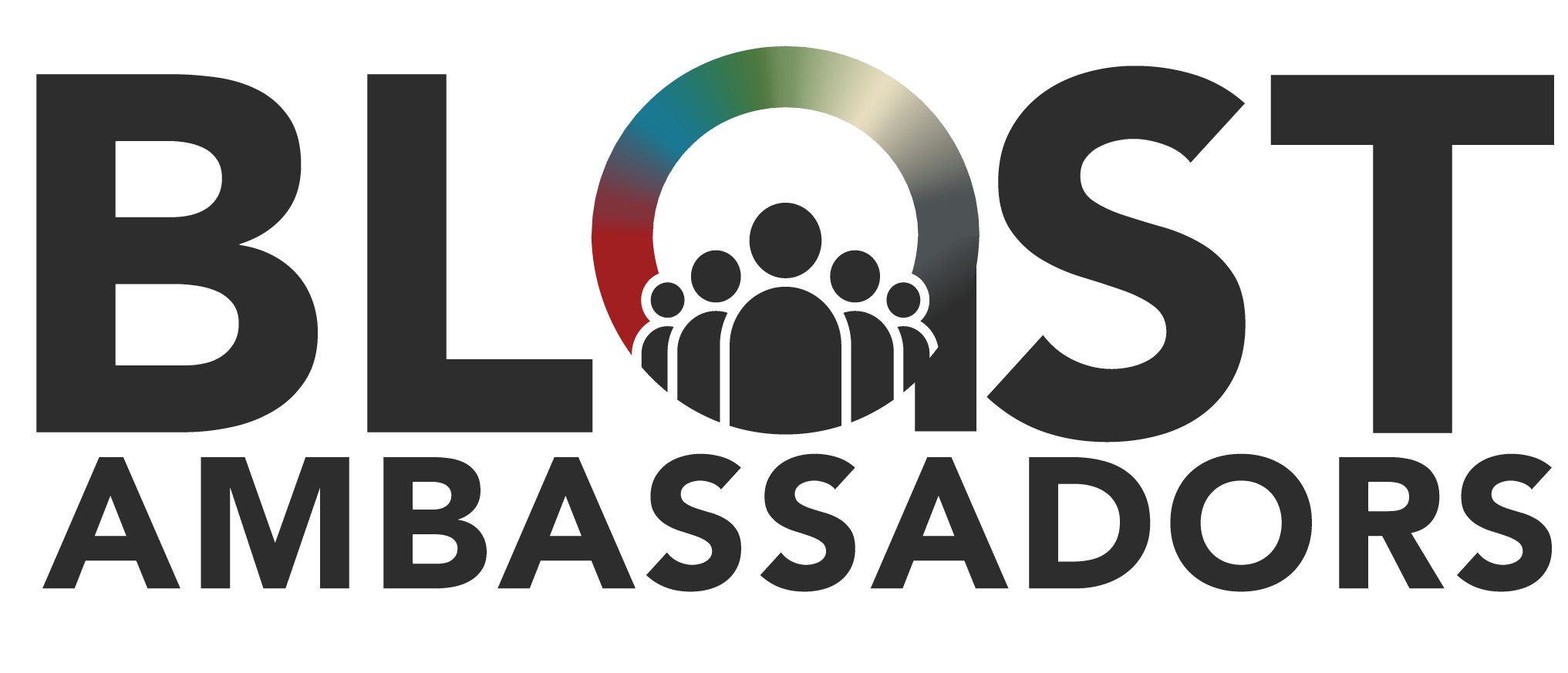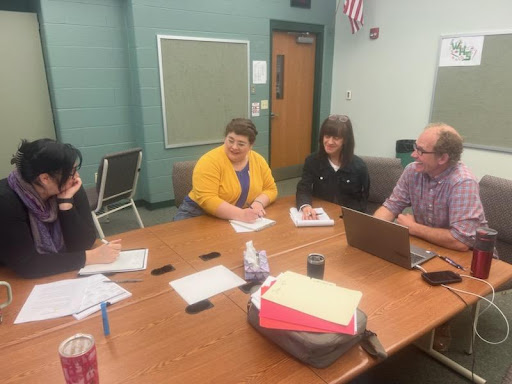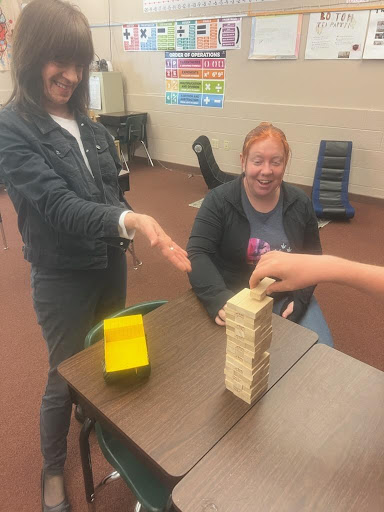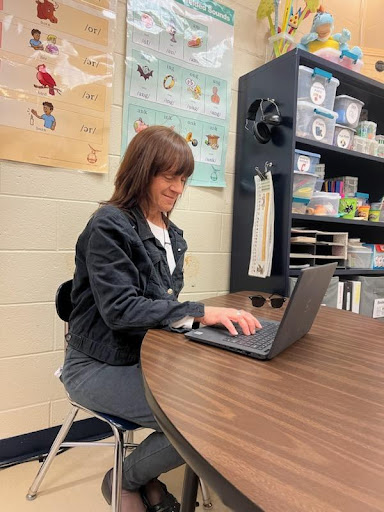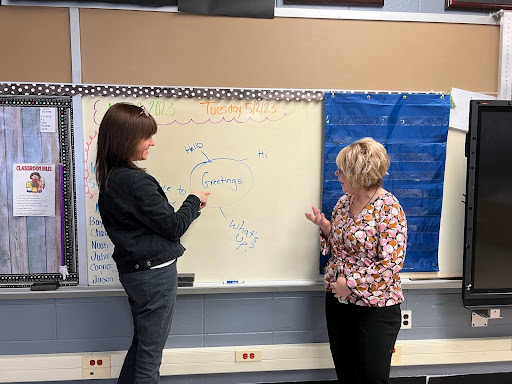Meg Ralston
A Snapshot into the Life of an Autism Support Consultant
IEP & Team Meetings
Having fun learning social skills via game playing
Email Communication/Research/Report Writing
Collaborastion with Teachers: Social Skill Lessons
A Day in the Life of an Autism Support Consultant
A typical day in the life of an Autism Consultant can be as different as each student with autism who I have the pleasure to meet. There is a popular saying in the “world of autism” that rings true with every student I consult for: “When you have met one person with autism, you’ve met ONE person with autism” (Dr. Stephen Shore, autism advocate who is on the spectrum). As many people do, when I was first introduced to autism, I tended to generalize the diagnosis among people I met. However, I’ve learned that individuals diagnosed with autism present with unique strengths and challenges. They experience the characteristics of their disability in different ways, and this is my daily mindset when I consult with teams in the districts I service. My mindset is different depending on the person.
My work in districts each day is a combination of meeting with teachers and administration and coaching the staff in the classroom by observing and modeling individualized approaches based on student needs. I also teach school staff about ABA-related topics such as:
The importance of understanding the function of behavior
How to prompt and reinforce desired behavior
How to collect data to make decisions and when an approach is practical or needs to be revised
Collaboration with teachers to assist with student maintenance/acquisition of social skill challengesIt is essential to understand that we are not just working with students “today”; we are working on building strong foundations of skills that will stay with our students long after they leave the classroom. Each day I drive home knowing I learned something new, whether this be from meeting with teachers, parents of students with autism, or learning something from a student who I consult, which prompts me to research topics related to autism, all of which helps me to become a better consultant!
Get to Know Our Ambassador
Transcript
“Welcome to BLaST the Airwaves with BLaST Intermediate Unit 17. Here at BLaST Intermediate Unit 17, we strive to transform lives and communities through educational services. On this podcast, we will provide you with educational solutions for all, no matter the learning environment. So teachers, administrators, caregivers, what are you waiting for? What would happen if we started questioning “What if”? What if we had a positive perspective on education? What if we flipped the switch on education? What if we were the solution?”
“Today we have the pleasure of speaking with Meg Ralston, one of BLaST’s Ambassadors here at BLaST Intermediate Unit 17 and within our organization, Meg wears a lot of roles, lot of hats. However, today we’re going to primarily focus on her main role, which is serving as the autistic support consultant. So Meg, thank you for joining us today to discuss your role within the organization and your experiences throughout the Ambassador program.”
“Oh, hello. It’s great to be here.”
“Yeah, I, you’re a repeat celebrity guest here, I believe you’re on one of our previous episodes, so we’re excited to have you back. Are you ready to blast the airways?”
“I am ready.”
“All right. So why don’t we start by you telling us a little bit about yourself and your role within the organization.”
“So, I grew up in New Jersey. I’m originally a Jersey girl, and I’m the youngest of four kids. I came to Pennsylvania to attend college, and after graduating I stayed in Pennsylvania because I just absolutely adored the countryside and the rural living. I’ve worked with individuals with special needs since my early twenties, starting in group homes for adults who were coming out of institutional living and after that I began working with students with emotional challenges and autism, which led me to my job with the IU.”
“ Nice. That’s quite the adventure that you’ve had so far.”
“ Yes.”
“Coming and living in rural Pennsylvania. We don’t hear that often, but we are excited to have you in our neck of the woods. So in our ambassador program, we’ve discussed a lot about the intermediate unit and how, you know, our system works and integrates with our local system, state system, you know, and it’s very unique. So can you share with our listeners why perhaps you chose the Intermediate Unit route for your life?”
“ So, what I enjoy most about working for the Intermediate Unit, it’s gives me the opportunity to meet so many great educators and therapists who work in the districts that I service as the autistic support consultant. Being itinerate, I’m in four different school districts each week, so each day is a new experience for me. The best part is working with the awesome kids that I work with and get to meet through the teachers. I’ve been able to consult for oftentimes consulting for these kids when they enter kindergarten all the way until they graduate, so I can be with some kids for their whole journey of being in school, which is awesome. So, yeah, I just, I love working for the Intermediate Unit. I love the itinerate life as well, it’s great.”
“Yeah, we actually spoke early on another episode about the difference between itinerant and classroom and just even that the art you find in how to balance your schedule.”
“Yes.”
“You know, our vision at the IU is transforming lives and communities, the amount of lives that you touch by being an itinerant, it might be a lot of travel, right? But there’s so many lives you touch.”
“Right, and the travel’s really not bad at all. The travel is that time for me to just kind of sit in my car when I’m going from one building to the other or you know, one district to the other and kind of reflect on what I just kind of experienced at a building that I was at or a building that I was in so the travel’s really nice. I like it.”
“Yeah. That’s awesome. And so now that we’ve established your “why” for the Intermediate, you are, you know, working with students with autism, so why did you choose the specialty area? What drew you to that?”
“So about 26 years ago I was part of a team working with a three year old toddler who was diagnosed with autism and who was non-verbal. We were trained by a therapist from Manhattan, New York in discreet trial training and what that is, it’s a, it’s a technique used by practitioners of applied behavior analysis that was developed by, of our lobos, from the University of California so it’s used for direct instruction and reinforcers to create clear contingencies and shape new skills for our learners with autism. So at that time, my only experience with individuals with autism was working in the group homes I mentioned earlier with an adult who had autism and back then autism was just like not even really heard of that much. It was like one in 10,000 people at that time. Once I started working with this little, this little boy, I was hooked and I haven’t stopped since. Every student I meet with autism no matter where they are on the continuum of autism, has taught me something new and I feel so honored to be a part of their journey as they progress with learning new skills, especially communication skills. There’s nothing better than seeing a student who is non-verbal begin to develop a way to communicate with others. That’s just the best. The best thing-the best part of my job that I love so much and I’ve had the opportunity to see that so many times and it’s really great to see how happy these kids become as well as how happy their families become.”
“Yeah, because in your role you don’t just work with students, you also work with families and caregivers, am I correct?”
“ Well, I work mostly in my role, I work mostly with the teachers as a consultant but there are times where I am in there and I’m modeling for, you know, aides who happen to be working with the kids in the classroom, modeling, you know, approaches and modeling that for the teachers, meeting with the teachers, making recommendations, and then yes, like as far as caregivers and families go, I get to meet them as well and collaborate with them at IEP meetings and other meetings through the year so it’s just a great experience overall, Rebecca, for sure.”
“Great. So throughout the ambassador program, you also have the chance to shadow a mentor, someone outside of your program or your division and I believe you got to supervise one of our supervisors of autistic support classrooms and so what did you notice or learn about this experience?”
“Yeah, so I shadowed Erica Hoyt, who is a supervisor for some of the IU autistic support classrooms down South as well as supervising some other programs and have some other duties within the IU. I learned a lot about the responsibilities of a supervisor and all that that entails such as daily visits to classrooms, observations, working with outside agencies, just to name a few. I was able to observe her that day interacting with her staff in such a supportive and encouraging manner, which I think is so extremely important for teachers. So it was just a great experience overall, even just getting down south, because I’m mostly up north here. So, I was able to, you know, visit the classrooms that we have down there, and that was awesome, and meet some new people, but especially the best part of the day was just sitting, talking to Erica and just hearing about, you know, all the great things that are happening within the IU and things that she’s doing to support them.”
“Yeah, and I think you bring up a great point about how you’re located in the northern side of our footprint, and we have the southern side so, you know, just for our listeners to understand, we are twice the size of Delaware, so we’re, our geographical footprint is about 4,000 square miles. So one of the barriers our Intermediate Unit faces is, you know, we do have two offices because it could take us about two hours to get to another district, depending on where we’re at. So I, you’re right, like I didn’t even think about how unique that experience would be just coming down to visit an office in the South.”
“ It was great. I mean, it’s, you know, it’s only like a 45 minute, maybe hour trip for me but yeah, it was just so great just to see all the cool things that are happening in different classrooms down there and hearing about programs. As I said before, that Erica is responsible for one that I didn’t even know that we were doing. That was a great learning experience for me, so, yeah.”
“Yeah, it’s great. There’s so many things that I’m still learning about, like things that all of you are doing. So, Meg, I know that in a previous episode we did this part with you and I think I had five different questions, so I’m excited to hear these different ones. These are our “BLaST Five”. So five quick questions that we are, you know, going to go through to get to know you on a different level but before I do that, I almost missed this last question I did want to ask you. We are starting our second class next year. You guys are our first class in cohort. What is some words of advice or your biggest takeaways from being an Ambassador this year because you only have about a month left and then you graduate from the program?”
“ So when I graduate, I’ve obviously enjoyed working so much with you and with Cheryl, Rebecca, especially when we started off, I think we were, we started looking at the Energy Bus, that book, the Energy Bus. So that was just, I never even knew that book existed. So I read that and I was just blown away. That was just an awesome book. And then I found out how many people, especially in school districts, how many school teams and teachers have been reading that book and actually introducing that book to some of their students because I believe there’s a children’s version of it. which is awesome. So but aside from that,you know, I think the great takeaways that I’ve had is, although I’ve been with the IU for, you know, close to 19 years now, I, being an Ambassador has helped me learn so much more about the many parts of the Intermediate Unit and how these parts all interact with each other and although they’re, you know, maybe many small teams within the IU, depending upon the role of each, that each employee plays my takeaway with that was these teams are also intertwined and developed such a culture of collaboration to provide the districts that we serve effective services in whatever all of our employees are doing. So, you can think of it as, you know, different parts and,you know, the types of services but we all really work together to service our districts and provide them with some really good service. So that was my biggest takeaway.”
“Yeah, and, there’s a lot of intentionality and strategy behind all of that.There’s a lot of moving pieces that go into it so I’m glad that you were able to sort of see those pieces because you’re right when we have so many employees and everything is moving so fast in this world, it’s just, it’s great to see. So, yeah, great takeaway!”
“So now we will get to the five questions. Are you ready for the five questions?”
“I am.”
“All right. So what is your favorite genre of music?”
“Sixties rock, for sure.”
“Oh, okay. Okay. What about your favorite read?”
“My favorite read is the Five People You Meet in Heaven.”
“That’s a good book. Favorite Netflix show or TV show?”
“There are so many. I had a hard time with this, but I think “Ozark” was like my favorite. I think that was on Netflix, but, yeah, that was definitely one of my favorite series.”
“Great. Favorite food or restaurant?”
“Olive Garden is one of my favorite restaurants and anything Italian, I love.”
“Yeah, those breadsticks are really good. They’re awesome. And what is your favorite motto or quotes?”
“I think my favorite motto or quote, being a person with a disability as well, losing my arm at 19, I had to learn some new ways of doing new things, and a lot of people told me I couldn’t and I said, I’m going to try. So I kind of found this quote a long time ago and it is, “they say it’s impossible and I say, watch me”.
“Ooh, that’s, that is a really good one, Meg. I’m gonna bring that up to you again when you know I see you. So, Meg, we can’t thank you enough for your time today. We know, and I’m assuming, but I know our listeners as well as myself, enjoyed hearing your story and what you do here in our organization. They may want to connect with you further so I will encourage listeners to visit our ambassador website at www.iu17.org and they can learn more about what you do, Meg, every day. So, Meg, it’s been a blast, no pun intended. Again, thank you for taking some time today to blast the airwaves.”
“Sure.”
“I am sure I will see you soon and we’ll be connecting.”
“Excellent. I’ve enjoyed my time with you very much. Thanks so much.”
“We would like to thank you for blasting the airwaves with us today. If you like the show, please subscribe or leave a review. If you want to know more, check out www.iu17.org for further resources and show notes. As always, we want to thank you for what you do every single day. Remember, keep shining!
We’ll be back next episode to provide you another educational solution for all as we continue to transform lives and communities through educational services.

